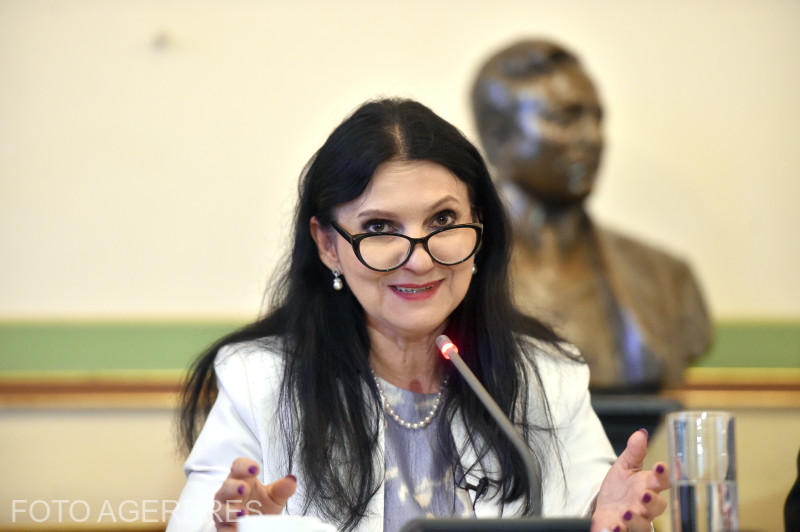Bulgaria sees the fastest decreasing population in the European Union. Were it for the trend to continue, Bulgaria would reach a population of only 5 million in 2050. This is one of the conclusions reached by the Family Policies Institute, a non-governmental organization studying the demographics in all 27 EU countries.
According to the FPI annual report, the main source for population growth in Western Europe is the immigration, while the birth rate is under the critical minimum level.
The US and European population will be equal until 2060, although the US currently have 200 million people more.
Europe loses its young citizens and is getting old at a fast pace. Between 1980 and 2005, the population under 14-year old represented 22.1%, nowadays it is only 16.2%.
The population of the EU member states grew 37.6 million between 1980 and 2007, a bit more than 8%, with peaks in Ireland, Spain and Luxembourg, where the immigration is the main growth factor.
In 2006, 75% of all EU population growth was due to immigration. Before Romania and Bulgaria's accession to the EU, the immigrants accounted for 14 out of 19 million people growth.
Except for Cyprus, the population in the new EU members stays unchanged (in Slovenia and Slovakia) or decreases (Bulgaria, Romania, Poland, Hungary, the Czech Republic and Estonia). Bulgaria lost 7.94% of the population in 10 years. Romania lost 2.36% in the same decade.


















